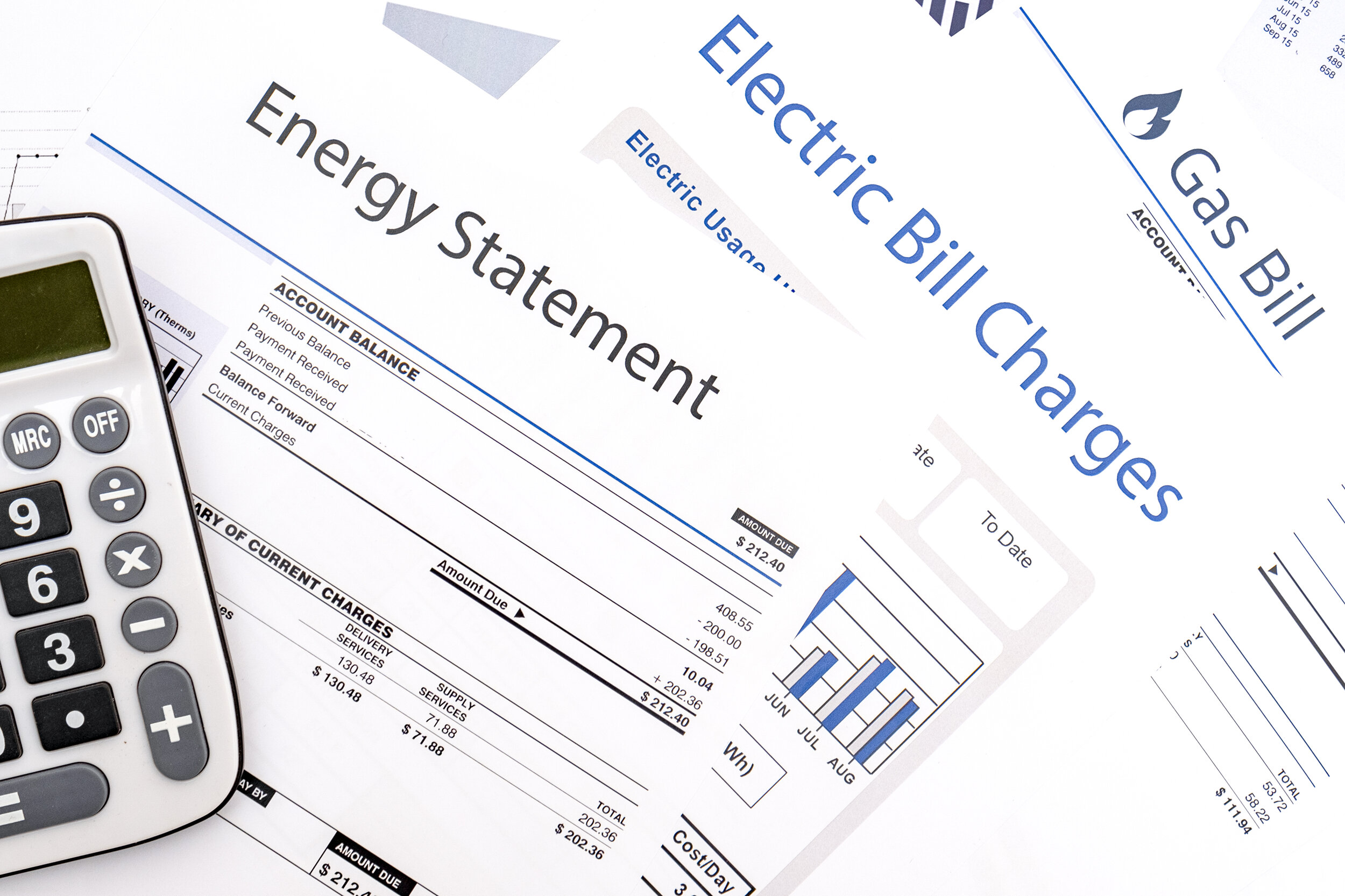With summers getting hotter in recent years, it pays to keep close watch over your electricity bills. Sudden spikes in energy costs can signal that you're using more energy because it's hot, of course, but higher bills can also signal a problem. If you suspect that there's more to your summer AC bills than meets the eye, here are some things to check on.
Air Leaks
Unless you have a new home with tight construction, conditioned air may be leaking out, with unconditioned air finding its way inside, compromising your cooling efforts. It's not that difficult to air-seal your home once you know where the leaks are occurring. Wave a lit stick of incense around key places where the air may be leaking, such as around baseboards, windows and doors, the attic hatch, recessed lighting, and exterior walls where pipes, cables, and wiring come in. Plug the leaks with insulation, weatherstripping and caulk.
Leaking Ductwork
Your ductwork is probably out of sight and never gets checked for leaks, but it should be. Over time, the segments develop cracks and come apart, so that conditioned air leaks out and unconditioned air gets in. This can cause your HVAC system to work harder to cool or heat your home. Ductwork efficiency may be improved with fiberglass lining.
Aging, Inefficient HVAC
As your HVAC unit ages, parts start wearing out, causing the system to work less efficiently. What's more, older models were not designed to be as efficient as newer ones. Newer models can be rated as high as SEER (Seasonal Energy Efficiency Ratio) 25, which is an extraordinarily efficient rating. To achieve this level of efficiency, modern ACs may come equipped with such technology as a scrolling compressor or a dual-stage compressor, variable speed fan, and variable refrigerant flow.
Hot Spots
Your home may develop hot spots, which are places in rooms — or whole rooms themselves — that are too warm, spurring you to lower the thermostat in an attempt to cool down. A zoned system may be the answer.
For more on how to lower your summer AC bills, contact Air Assurance. We serve Broken Arrow and the surrounding community.









